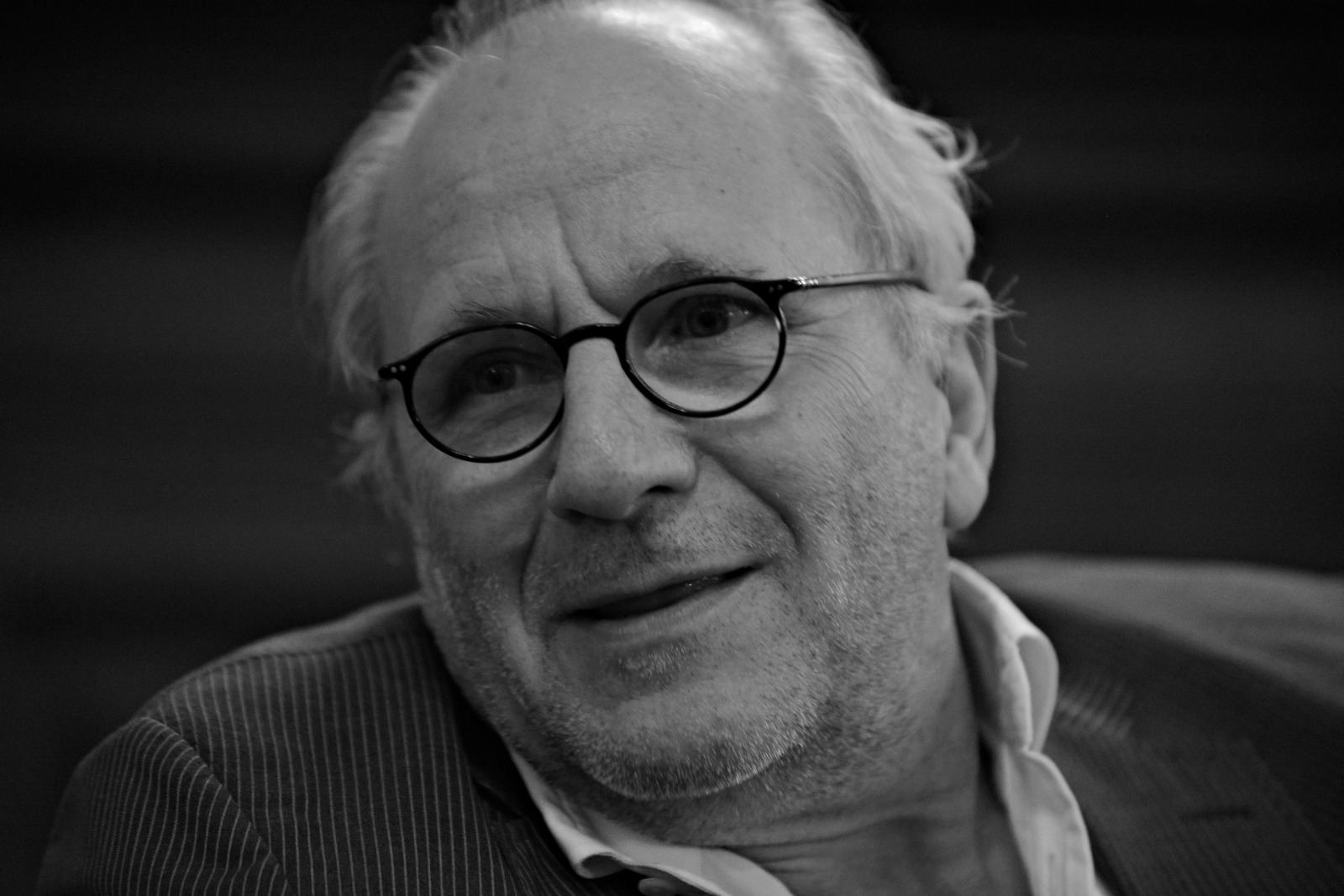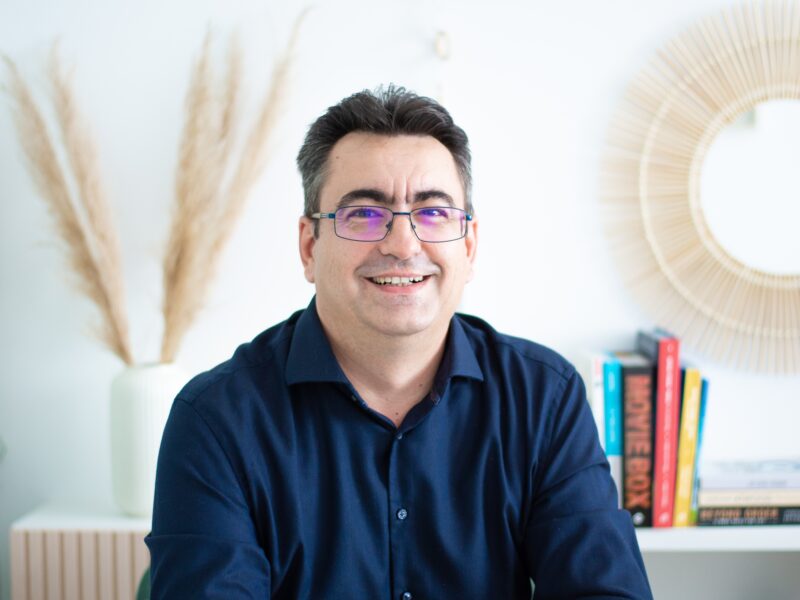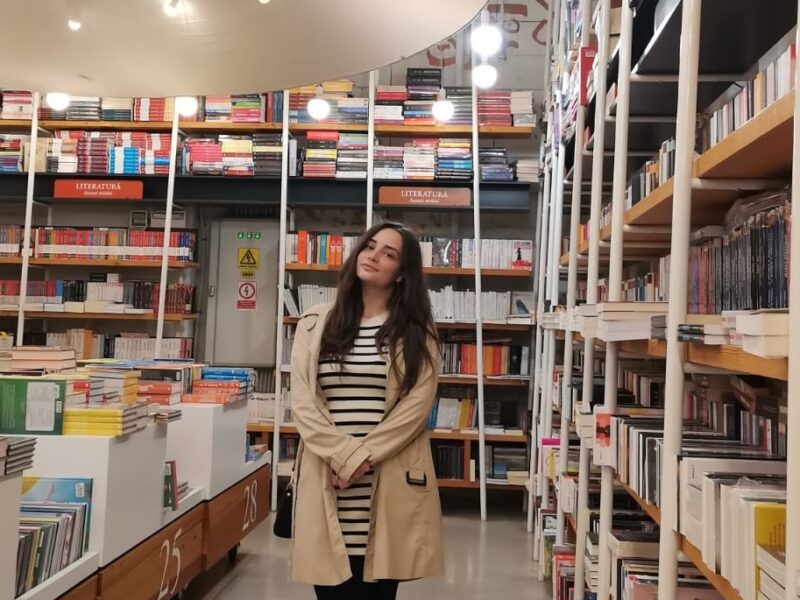Ulrich Schreiber is a cultural manager and an author. He is born in Solingen, Germany. He studied Philosophy, Political Science and Russian at the Free University of Berlin and passed the 2nd State Examination in 1984. In 1989 he founded The International Peter Weiss Society and in 2001 The International Literature Festival Berlin, the managing of which he handed over last year. Schreiber is a member of the PEN Center Germany and cofounder of the PEN World Voices Festival. Together with the Swiss cultural manager Hans Ruprecht, Ulrich Schreiber founded the Odesa International Literature Festival, whose first edition took place in Ukraine in 2015.
You have founded or co-financed many cultural festivals around the world. How did it happen that you decided to focus on Eastern European literature in 2015 when you launched the Odesa International Literature Festival?
I was with my friends, the Ukrainian author Andrei Kurkov and the director of the Leukerbad International Literature Festival, Hans Ruprecht, in Iași at the first literature festival in 2013 [FILIT, Ed.] and asked: what do you think of a festival in Odesa? I studied Russian at the end of the 70s, also in Kiev, but have never been to Odesa…
Why Odesa in particular?
Because of the city's literary and cultural history, its beauty and aura. Not only Babel, Ilf and Petrov, even Pushkin was there. Also, if I'm right, every author wants to see the city for themselves – not just the Potemkin Stairs, which everyone knows.
The Odesa International Literature Festival has strong institutional support. Among the partners of this year's edition are the Jan Michalski Foundation, EUNIC Romania, PRO HELVETIA and the Goethe-Institut Bucharest, which will organize the events. Do they also support the festival financially, or how do you manage to raise the funds for such a large cultural event?
I can't raise any funds of my own – but Hans and I have waived most of our fees this year. That's how it went.
This year's edition included no less than 19 events, from public readings to debates and film screenings. How long does it take to organize such a festival and what are the most difficult challenges?
The pure program work takes 3 months. The most difficult challenges: creating a good festival team – the Goethe Institute helped us enormously this year – and creating a program that also resonates in the city where the festival takes place.
The reports on previous editions of the festival are impressive, both in terms of the guests invited and the number of visitors. Do you have any feedback on how participation in the ILO has influenced the international visibility of the authors (Ukrainian or not)?
The visibility of the festival is enormous – now even the Tagesspiegel and El Paishave published Radu Vancu's opening speech in their Spanish and English editions, the Frankfurter Allgemeine Zeitung and Deutschlandfunk Kultur have reported on it – not to mention the media impact in Romania. But I cannot express the development of the participating authors' visibility in numbers.
One of the events of the festival is the "Worldwide Reading of Ukrainian Literature", which is part of the general format "Worldwide Readings" you initiated in 2006. Can you please say something about these events and their response on the international literary stage?
Yes, the reactions have varied since 2006. I had the greatest response with the call for a worldwide reading of Varujan Vosganian's Cartea șoaptelor/The Book of Whispers, in 2015, which was the 100th anniversary of the genocide in Armenia. Because of the war, I also wanted to work for the visibility of Ukrainian literature. Readings took place in Milan, Calcutta, Berlin, Copenhagen, Bucharest, Odesa and Uzhhorod, among other places.
After the invasion of Ukraine, you had to find a new home for the festival. The 2022 edition took place in Batumi (Georgia), in 2023 there was a break and in 2024 the 9th edition took place in Bucharest (Romania). What criteria did you use to select these cities and where will the next edition take place?
Instead of canceling the festival, we decided to hold it in a neighboring country while the war lasts. We now have Bulgaria in mind, but other countries are also possible.
PHOTO: © Hartwig Klappert
[The interview was made in English and translated into Romanian on the occasion of the 9th edition of the Odesa International Literature Festival, which took place in Bucharest between the 22nd and the 25h of February 2024.]



